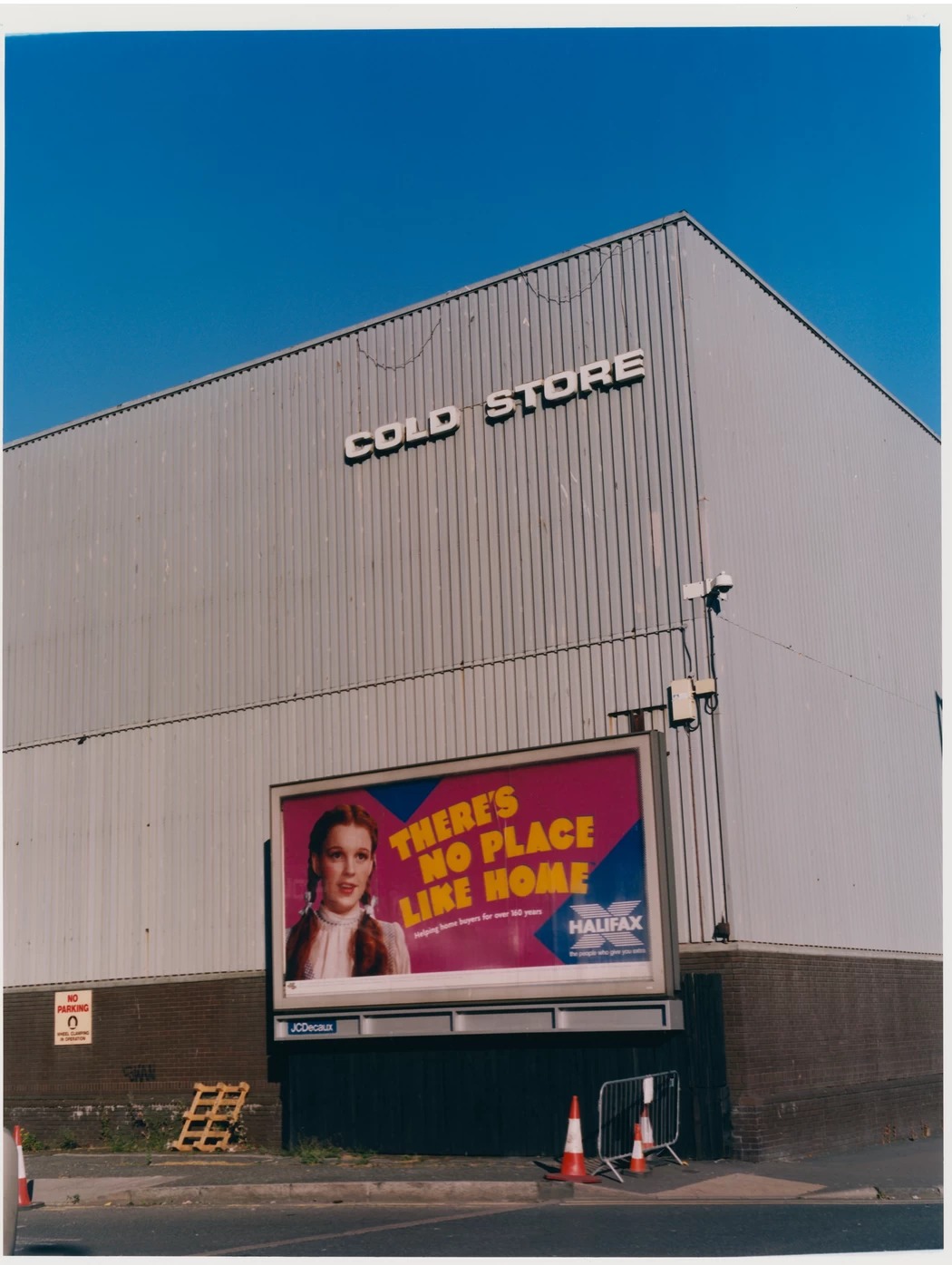In October of last year, we invited a series of young writers to reflect on what Britishness means to them for The Superstar Issue of i-D. From the nostalgia of home, to fears over rising rents, to the sense of displacement from the place we thought we once knew, our identity has never been more complex. So what does being British mean for a country facing its biggest shift in decades? And does it still matter? Read the full series here.
Steam rises from my masala tea. The monsoon rain hitting the tin roof has brought with it a piercing cold. I’m in the mountains in India, hunched on a wooden stool, rubbing my hands with glee after finding shelter. My host, the chaiwala, claims he has been perched here, beside his gas stove, with shiny packets of snacks for sale, sharing his chillum pipe with passers-by, for two decades.
That means he arrived on this patch of grass in 1991: the year of my birth, when ‘Mixed’ first became an ethnic group on the United Kingdom’s national census. The whole time, he says, he’s been listening to the BBC World Service. “Have you heard about your city?” he asks. “No. I’ve been trekking,” I reply. “Listen,” he says, “your city is in chaos.”
Which is how I found out about the August 2011 riots. This is surely how all British news ought to be consumed, instead of from behind the net curtains of a suburban living room in Greater London. I was in Himachal Pradesh; north of the holy Ganga, in whose timeless currents my paternal grandparents’ ashes are scattered.
For me, being British is an endless pilgrimage back and forth between different sets of opposing poles, like an orienteer clasping a compass, figuring out where to set-up camp. White British or British Indian? City or countryside? Rich or poor?
London is in chaos again. If the riots in 2011 signalled anger, soaring youth violence right now signals exhaustion. I still drink tea, but now that I’m a youth worker living in Brixton, south London, I can feel the chaos all around me like the bass of the jungle music rumbling through my headphones.
I’ve smelt chaos in an overcrowded, blood-stained prison wing. I’ve heard it in the ambulance and police sirens that go past my flat every two minutes. I’ve seen it in the eyes of a teenage boy whose brother has been stabbed to death.
Most Londoners’ lives remain hidden until they’re experienced first-hand. I have friends buying properties and dining-out in the same parts of this city where children are killing each other, but they couldn’t be further removed from the tragedy.
I’m grateful to have experienced male adolescence in the protective, leafy south western suburbs of London, a life of middle-class comfort and grammar school rigour. And yet the sanctuary of my upbringing made me crave new rites-of-passage in different directions. I learned to go outwards and reimagine the rambling, bird-watching tendencies of my mum’s Anglo-Irish family. Escaping the city on a quiet country walk, eating a pie by the log-fire of a Lake District pub, running up to bowl on the grass of a Devonshire cricket square. I learned to go inwards, caving to the magnetism of the city centre that tugs at anyone from its outer-reaches.
No matter how hard I tried as a teenager, I still found myself somewhere in-between these disparate British experiences. Drinking cans of beer and talking park bench politics on the banks of the river. Sitting on grey, empty train platforms listening to melancholic UK hip-hop. Feasting on tandoori mixed-grills with friends at one of the brightly-coloured karahi houses which orbit Heathrow airport: culinary shrines in which to worship sizzling-hot immigrant pride. I was caught in a no-man’s-land.
When I was seven years old a skinhead called me a “paki”. I was at a summer camp being held in the local primary school in Claygate, the Surrey town where I lived with my family at the time. On the car journey home, I couldn’t figure out how to articulate my frustration out loud. Not least to my white mum, who I assumed wouldn’t understand, anyway. I thought it best to be polite and keep quiet. It remains the most British thing I have ever done.
Credits
Photography Sam Rock

